 Villette by Charlotte Brontë
Villette by Charlotte Brontë Narrator: Charlotte Ritchie
Published by Penguin Audio, Penguin Books Genres: Classic
Length: 21 hours 20 minutes
Format: Audio, Audiobook
Source: Audible
Buy on Amazon, Buy on Bookshop
This post contains affiliate links you can use to purchase the book. If you buy the book using that link, I will receive a small commission from the sale.
Goodreads
With her final novel, Villette, Charlotte Brontë reached the height of her artistic power. First published in 1853, Villette is Brontë's most accomplished and deeply felt work, eclipsing even Jane Eyre in critical acclaim. Her narrator, the autobiographical Lucy Snowe, flees England and a tragic past to become an instructor in a French boarding school in the town of Villette. There she unexpectedly confronts her feelings of love and longing as she witnesses the fitful romance between Dr. John, a handsome young Englishman, and Ginerva Fanshawe, a beautiful coquette. The first pain brings others, and with them comes the heartache Lucy has tried so long to escape. Yet in spite of adversity and disappointment, Lucy Snowe survives to recount the unstinting vision of a turbulent life's journey—a journey that is one of the most insightful fictional studies of a woman's consciousness in English literature.
Well, I disagree with the Goodreads blurb above that this book eclipses Jane Eyre in any respect. I found it to be kind of mid, as my students say. I wanted to give up on it but saw I had about five hours left to listen to, and by that time, I’d sunk about 15 hours in, so I plunged ahead. If Charlotte Brontë’s teacher (and major crush, according to Brontë lore) Constantin Héger was anything like M. Paul Emmanuel, he’s a hard pass. I didn’t understand how Lucy Snowe came to fall for him in the first place. They spent most of the book sparring, and he was a misogynistic jerk. I didn’t find Lucy as likable as Jane Eyre.
The coincidences and revelations were implausible. M. Paul Emmanuel’s plantation in Guadeloupe was surely a slave plantation, and it’s completely glossed over. Well, I guess it would be, given the time of the novel’s composition. I understand Jamaica Kincaid wrote a postcolonial response to Villette called Lucy. The novel had its moments, and the characters were well drawn, particularly Ginevra Fanshawe and Madame Beck, Lucy’s nemeses. The ending is ambiguous, and I have to give Charlotte Brontë props for not wrapping everything up in a tidy bow at the end.
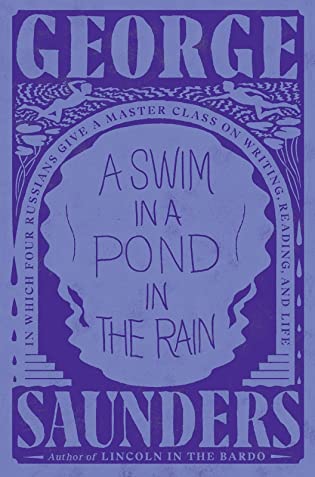 A Swim in a Pond in the Rain: In Which Four Russians Give a Master Class on Writing, Reading, and Life by
A Swim in a Pond in the Rain: In Which Four Russians Give a Master Class on Writing, Reading, and Life by 
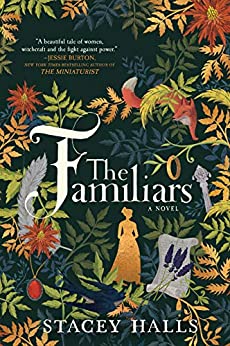 The Familiars by
The Familiars by  Keep Moving: Notes on Loss, Creativity, and Change by
Keep Moving: Notes on Loss, Creativity, and Change by 
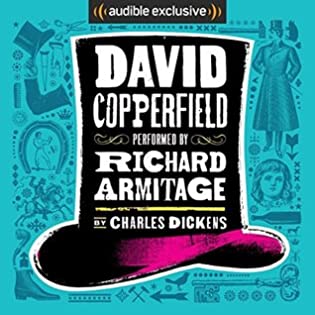 David Copperfield by
David Copperfield by 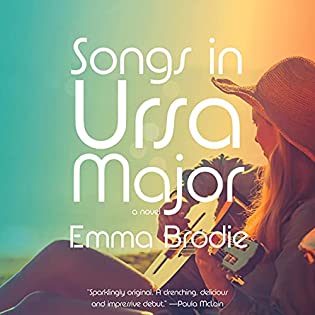 Songs in Ursa Major by
Songs in Ursa Major by 
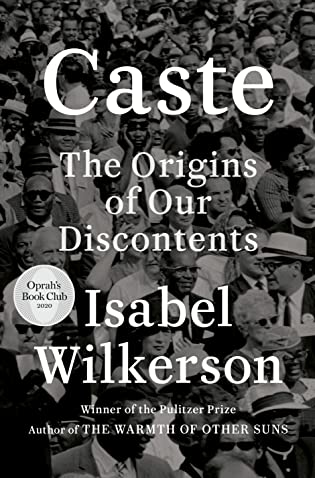 Caste: The Origins of Our Discontents by
Caste: The Origins of Our Discontents by 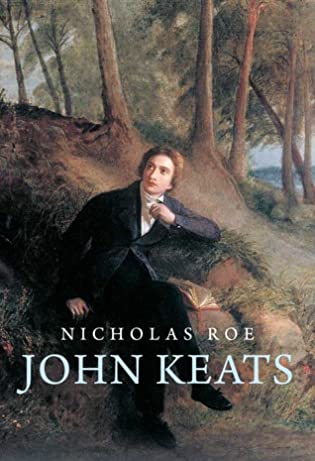 John Keats: A New Life by
John Keats: A New Life by 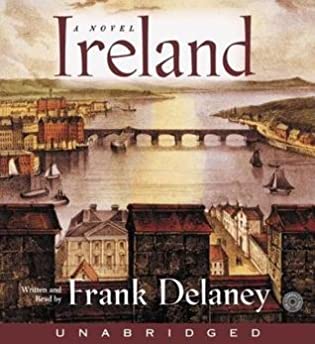 Ireland by
Ireland by 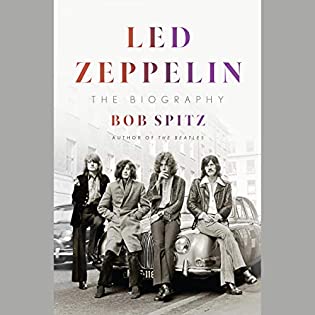 Led Zeppelin: The Biography by
Led Zeppelin: The Biography by 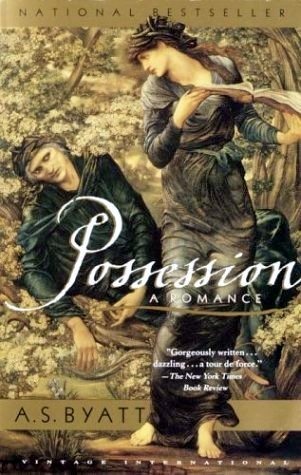 Possession by
Possession by 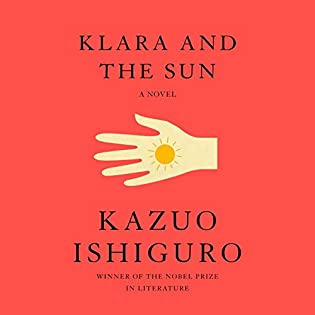 Klara and the Sun by
Klara and the Sun by 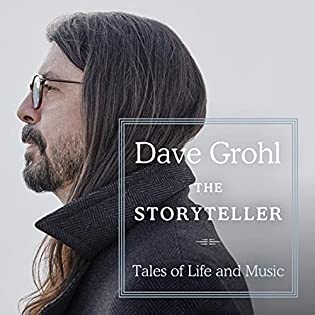 The Storyteller: Tales of Life and Music by
The Storyteller: Tales of Life and Music by 
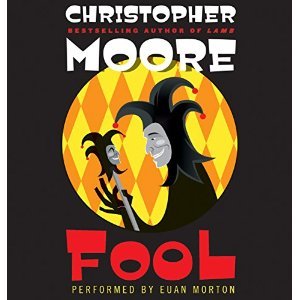 Fool by
Fool by 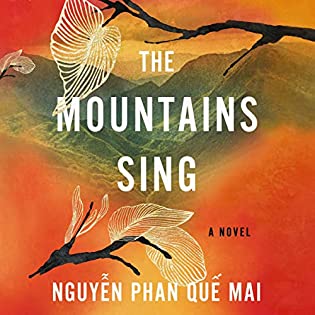 The Mountains Sing by
The Mountains Sing by 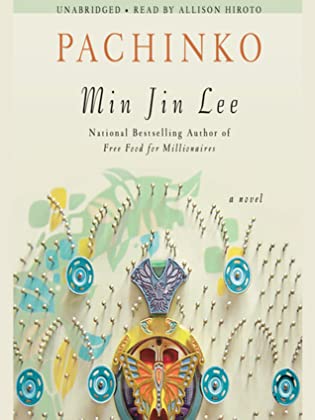 Pachinko by
Pachinko by 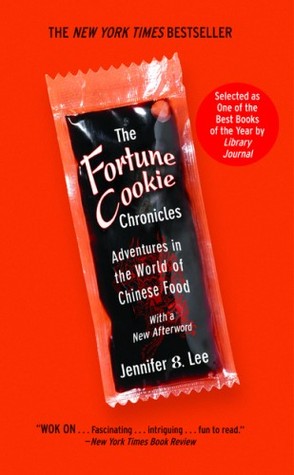 The Fortune Cookie Chronicles: Adventures in the World of Chinese Food by
The Fortune Cookie Chronicles: Adventures in the World of Chinese Food by 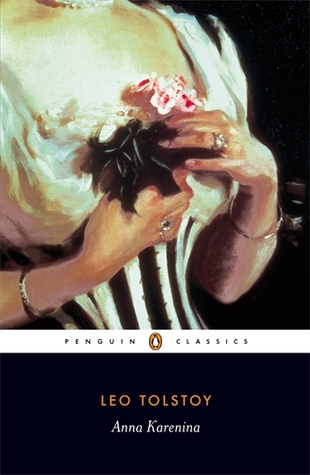 Anna Karenina by
Anna Karenina by